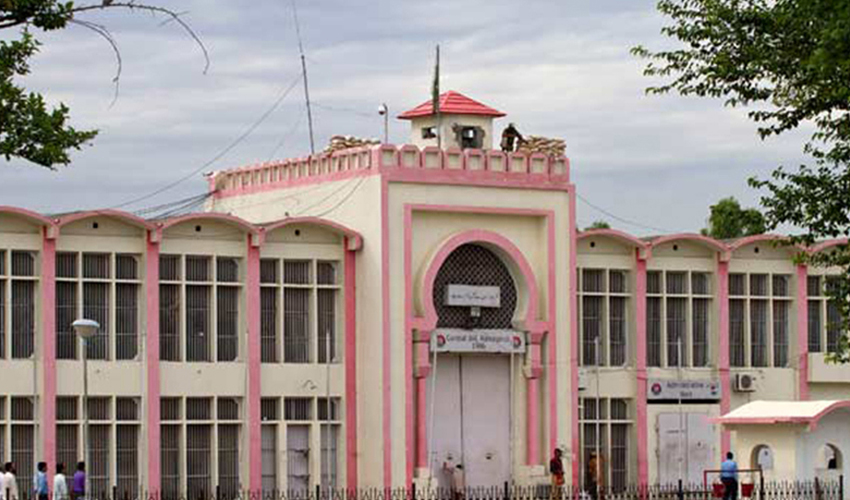By Seemab Khan
Democracy is not just a form of governance; it is a profound expression of human dignity, freedom, and collective wisdom, where every voice is heard, every opinion matters, and every person has the power to shape their destiny. However, in some cases, democracies can be undermined, resulting in what is known as pseudo-democracy. Pakistan, a country in South Asia, has faced significant challenges in establishing a genuine and functional democratic system.
Since gaining independence in 1947, Pakistan has encountered persistent challenges characterized by intervals of military rule, political instability, and the presence of fragile democratic institutions. Multiple factors have played a significant role in fostering the development of a pseudo-democratic system within the country. These factors encompass military interference in political matters, flawed electoral procedures, a dearth of robust political parties, widespread corruption, and a notable absence of mechanisms for accountability.
A critical impediment to the advancement of democracy in Pakistan lies in the recurrent interference of the military in political affairs. Throughout its history, the country has experienced periods of direct military rule accomplished through coups, as well as indirect control exerted through subservient civilian governments. Such interventions have had detrimental effects on democratic principles, including the erosion of democratic values, suppression of dissent, and the concentration of power within the military establishment.
The military’s influence and interference in politics have resulted in notable challenges in conducting genuinely free and fair elections, a fundamental pillar of any democratic system. The electoral processes have been plagued by allegations of electoral fraud, voter intimidation, and the influence of influential interest groups. This lack of a level playing field has contributed to the perpetuation of pseudo-democracy, where elected representatives do not genuinely reflect the true will of the people.
Compounding these challenges is the weak and fragmented nature of political parties in Pakistan. Many parties revolve around charismatic figures rather than strong ideological foundations. This personality-centric politics hampers the development of robust party structures and institutions. Consequently, the focus remains on individual power struggles rather than collective decision-making and accountability, further hindering the advancement of democracy.
Hence, these challenges have led to many consequences in Pakistan which have profound and far-reaching impacts on various aspects of society and governance. One of the primary outcomes has been the frequent changes in government, with coalition governments often facing instability and internal conflicts. This constant turnover hinders the implementation of long-term policies and adversely affects economic development, as businesses and investors require stability and predictability.
Furthermore, pseudo-democracy weakens state institutions, including the judiciary, civil service, and law enforcement agencies. These institutions often lack independence and become susceptible to political manipulation, compromising the rule of law and eroding public trust. The erosion of institutional integrity undermines the overall functioning of the state and undermines the principles of justice and fairness.
Moreover, pseudo-democracy creates an environment of uncertainty for investors, both domestic and international. The lack of stable governance and consistent policies negatively affects economic growth, job creation, and foreign direct investment. The absence of a conducive business environment hampers the overall development of the country and impedes its potential for prosperity.
In addition to economic ramifications, pseudo-democracy exacerbates social inequalities as political power and resources are concentrated in the hands of a few. Marginalized groups, including women, minorities, and economically disadvantaged communities, suffer from discrimination and exclusion, undermining the principles of equal representation and social justice. Addressing these disparities is crucial for building a more inclusive and equitable society.
Pseudo-democracy in Pakistan has had significant consequences on governance, stability, and societal well-being. The country’s democratic journey has been marred by military interventions, flawed electoral processes, weak political parties, corruption, and a lack of accountability. To overcome these challenges, Pakistan must strengthen its democratic institutions, promote a culture of transparency and accountability, and ensure the participation of all citizens in decision-making processes. Only through genuine democracy can Pakistan achieve sustainable development, social justice, and political stability for its people.
Subscribe our website for latest updates:
https://republicpolicy.com/shop/
Read More
















